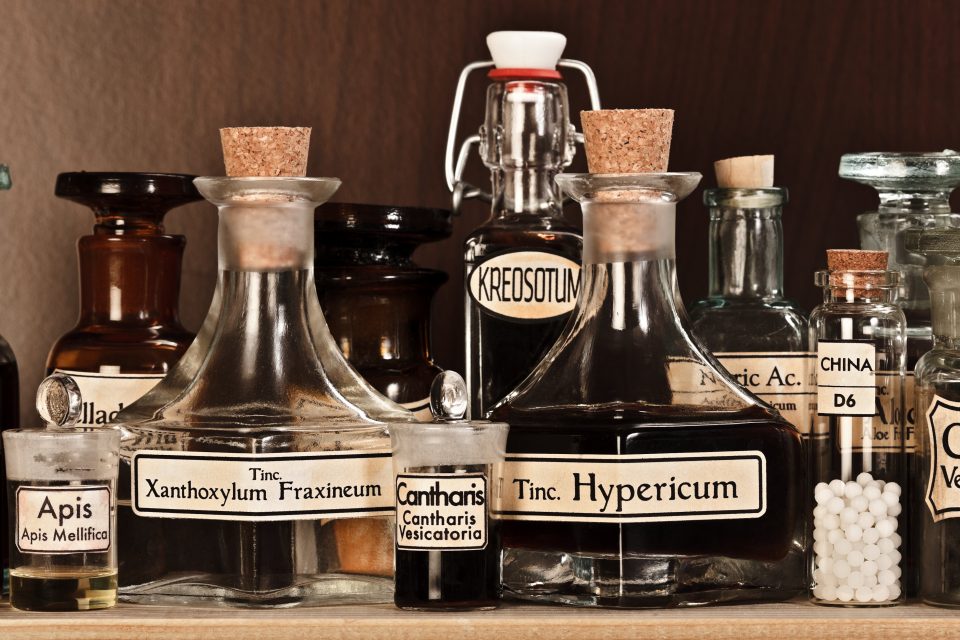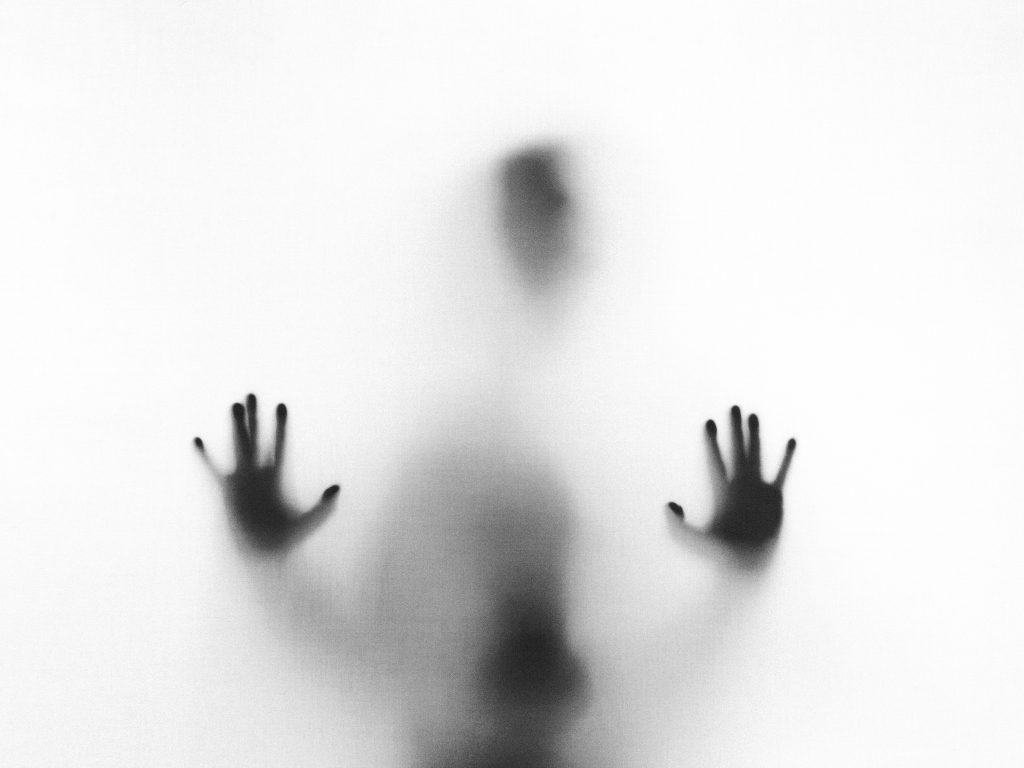Homeopathy for anxiety: remedies for a integrative approach

Homeopathy is a medical system that was developed in the late 1700s in Germany, and it is based on the use of tiny amounts of natural substances that can stimulate the healing process. Homeopathic products come from plants, minerals or animals and can have different forms as sugar pellets, ointments, gels, drops, creams, and tablets. Some specialists recommend homeopathy for anxiety, mainly for non-severe cases.
Let us remind you that some forms of anxiety are more serious than others. In severe anxiety disorders, homeopathy may help, but you should first look for other kind of medical assistance.
Receive all our tips by email!
Love Astrology? Subscribe Now and Receive Exclusive Content!
Homeopathy for anxiety: how does it work?
According to this system, the body has the ability to cure itself and “like cures like”- meaning that something that brings on symptoms in a healthy person can treat an illness with similar symptoms, because body’s natural defenses are unleashed. Another principle that guides this system is the lower the dose, the more powerful the medicine.
Homeopathic treatments consider the individual as a whole and that mind and body are undeniably connected. So, before prescriptions, professionals always try to understand the emotional, mental and physical state of the person.

Homeopathy for anxiety: the treatment itself
Treatments are tailored to each person and, even with the same symptoms, different people can have different treatments. That’s why, considering that anxiety is a complex emotion that not only can have different routes as can create a big range of consequences in people’s daily lives, homeopathy can be an effective approach to it.
Homeopathic medicine will act on the physical symptoms, but also rebalances the emotional state. A regular small dose of the homeopathic remedies will act in a way that will break the anxiety cycle.
When treating anxiety, the homeopath will make an initial general assessment of the person, considering medical background, lifestyle and general mental and emotional states, once homeopathy, unlike conventional medicine, treats symptoms as effects, not causes.
With this general assessment, homeopathic professionals will help the patient understand why they feel anxious, which is already part of the healing process; and to prescribe a treatment that can give an answer to the actual state of mind of the person. Because the treatment will progressively heal the person, after some time it is going to be needed a new assessment to adapt the treatment to the progress.

Examples of remedies that homeopathy for anxiety use
- Aconite
- Argentum nitricum
- Arsenicum album
- Calcarea carbonica
- Gelsemium
- Ignatia
- Lycopodium
- Natrum muriaticum
- Phosphorus
- Pulsatilla, Silica
- Stramonium
The prescription of these remedies depend of the general assessment of the person and also of the specific type of anxiety identified. The person who needs Arsenicum album, for example, is an overanxious, restless, fearful, perfectionist type of person.

An integrative approach
As part of the integrative approach, homeopathy for anxiety has better results together with psychotherapy, since it helps the rebalance of the individual as a whole. However, there are other natural treatments for anxiety, namely:
- Vitamins. A, C, D, E, and B vitamin complexes may holistically relieve anxiety over the long-term;
- Minerals (particularly magnesium);
- Supplements like Omega-3 fatty acids and certain amino acids;
- Herbs like lemon balm and passionflower.
Beyond homeopathic remedies and psychotherapy, you can also try meditation and other relaxation techniques – that will help you defend yourself from stress simply and effectively.
Just remember that nothing is more important than your well-being. You just need to learn how to deal with whatever is troubling you – by listening to your own body – and try everything to let those problems out of your dome. Self-care will calm your mind and will teach you how to seize the present moment.
You may also like:
- Ayurveda and anxiety: what to know
- Bach flower remedies: everything you need to know
- 5 alternative therapies to try this year
- Naturopathy: what you should know

